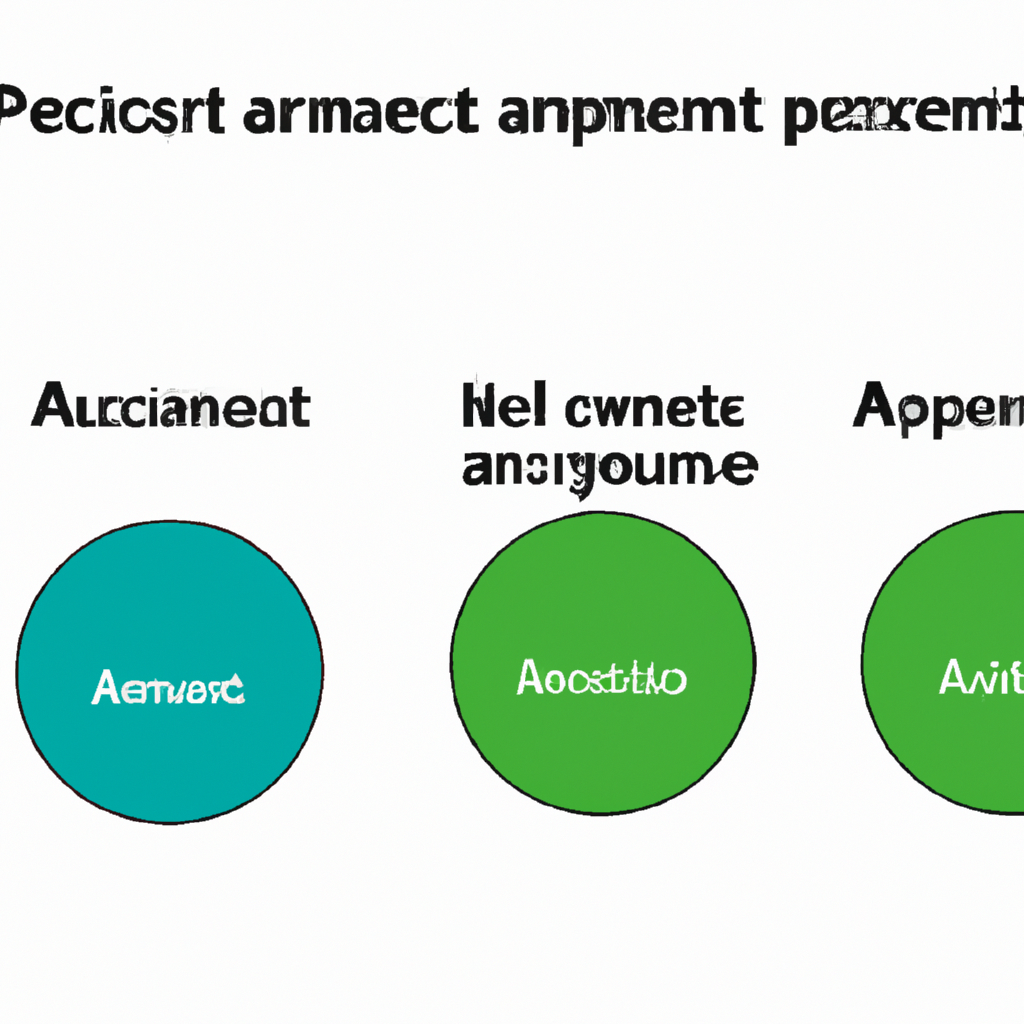Comparison of Investment Account Types
Individual Retirement Account (IRA)
An Individual Retirement Account (IRA) is a type of investment account that allows individuals to save for retirement with tax advantages. There are two main types of IRAs: Traditional and Roth.
Traditional IRA
– Contributions may be tax-deductible
– Earnings grow tax-deferred
– Withdrawals are taxed as ordinary income
– Required minimum distributions (RMDs) starting at age 72
Roth IRA
– Contributions are not tax-deductible
– Earnings grow tax-free
– Qualified withdrawals are tax-free
– No RMDs during the account owner’s lifetime
401(k) Account
A 401(k) account is a retirement savings plan sponsored by an employer. Employees can contribute a portion of their salary to the account, often with matching contributions from the employer.
Traditional 401(k)
– Contributions are pre-tax, reducing taxable income
– Earnings grow tax-deferred
– Withdrawals are taxed as ordinary income
– RMDs starting at age 72
Roth 401(k)
– Contributions are after-tax
– Earnings grow tax-free
– Qualified withdrawals are tax-free
– RMDs may be required, depending on the plan
Brokerage Account
A brokerage account is a general investment account that allows individuals to buy and sell a variety of securities, such as stocks, bonds, and mutual funds.
Key Features
– No tax advantages
– No contribution limits
– No restrictions on withdrawals
– Capital gains and dividends are subject to taxes
529 College Savings Plan
A 529 College Savings Plan is a tax-advantaged investment account designed to help individuals save for education expenses.
Key Features
– Contributions are not tax-deductible
– Earnings grow tax-free
– Withdrawals for qualified education expenses are tax-free
– Some states offer tax deductions or credits for contributions
Conclusion
Each type of investment account has its own unique features and benefits. It’s important to consider your financial goals and individual circumstances when choosing the right account for your needs. Consulting with a financial advisor can help you make the best decision for your long-term financial success.


